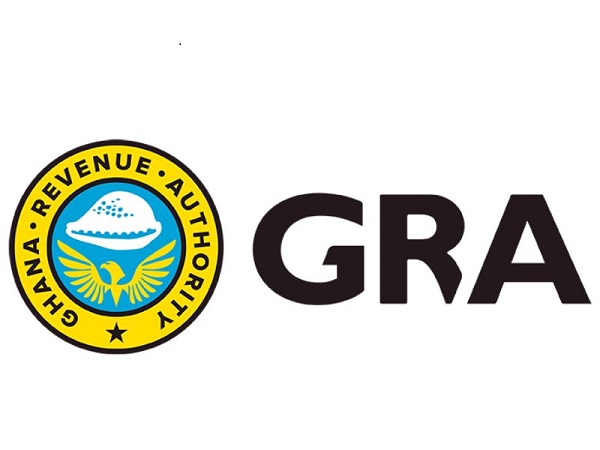- by Admin
- November 22, 2023
Click the link below to join Our WhatsApp group for daily brief on current trends in the country.
Join Here!
Loading

In today's rapidly evolving job landscape, the gig economy is fast becoming a dominant force, reshaping the way people work and earn a living.
While this flexible and dynamic employment model offers countless opportunities, it also poses challenges for governments and tax authorities around the world.
As the gig economy continues to expand, the question of how to tax it becomes increasingly important.
A gig economy is a labor market where independent contractors and freelancers are engaged for temporary and part-time positions instead of hiring full-time permanent employees. Gig workers enjoy flexibility and independence but may experience reduced job security as a trade-off.
The gig economy has presented challenges to tax authorities due to the evolving and yet evasive nature of gig work.
While traditional sources of income are relatively easy to tax, digital earnings pose unique challenges.
Many gig workers are considered self-employed, which can complicate tax compliance. As tax authorities work around the clock to expand the tax net, they are seeking ways to adapt their systems and regulations to ensure gig workers report their income accurately and pay the appropriate direct taxes.
The gig economy is however very slippery and difficult to fully embrace by taxation.
Many African Economies have expected that indirect taxation will do for the gig economy as they hope it fairly taxes the informal economies but it is known that indirect taxation has not been the most efficient form of taxation.
In many African economies, there has been an expectation that indirect taxation, such as value-added tax, would suffice for the gig economy. However, indirect taxation has not proven to be the most efficient means of taxing this sector.
Direct taxation, on the other hand, is not easier to apply to the gig economy, as it necessitates precise income declaration and subsequent taxation, a challenging feat in this context.
In exploring potential solutions, one proposal that stands out is Kathleen Delaney Thomas's 2018 suggestion to the UK government. She advocates for the creation of a "non-employee withholding" system, allowing online platform companies like Uber to withhold taxes for their contractors without classifying them as employees. This approach mirrors the Pay As You Earn (PAYE) tax system for employees in Ghana. Kathleen also suggests a "standard business deduction" for gig workers to eliminate the need to track and report business expenses.
However, challenges remain when the contracting party is not a registered business, as is often the case for individuals engaged in one-time activities like MCing a wedding.
Tax authorities in Ghana have recognized the gig economy's growth and are working on strategies to implement taxes on bloggers, brand influencers, MCs, and similar professionals.
Edward Gyambra, the Commissioner in charge of the domestic tax revenue division of the Ghana Revenue Authority (GRA), emphasized that expanding the tax base does not entail the creation of new taxes.
The GRA's approach to taxing the gig economy may include the use of the National Identification Authority, which records individuals' basic economic activities and connects this data with banks and mobile money wallets.
To ensure tax compliance in the gig economy, it may be essential to encourage gig workers to declare their income and earnings from their gigs.
The synergy between government agencies and innovative solutions may provide a path forward for effective taxation in this rapidly evolving sector.
As Ghana addresses the complexities of taxing the gig economy, it's vital to strike a balance that promotes revenue collection without stifling the entrepreneurial spirit and flexibility that defines this new world of work.

Click the link below to join Our WhatsApp group for daily brief on current trends in the country.
Join Here!
0 Comments: